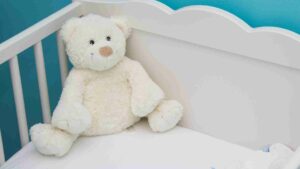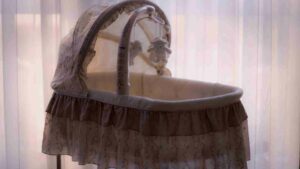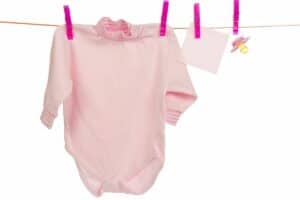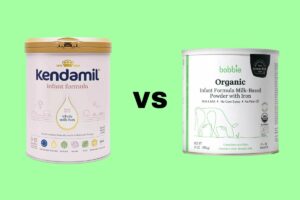Ingesting baby powder can happen accidentally, and addictions to baby powder are not uncommon. The question is, is it safe?
The safety of baby powder and talcum powder has been questioned over the years due to the fact both contain talc, which has been related to skin irritations, sinus inflammations, cancer, and more.
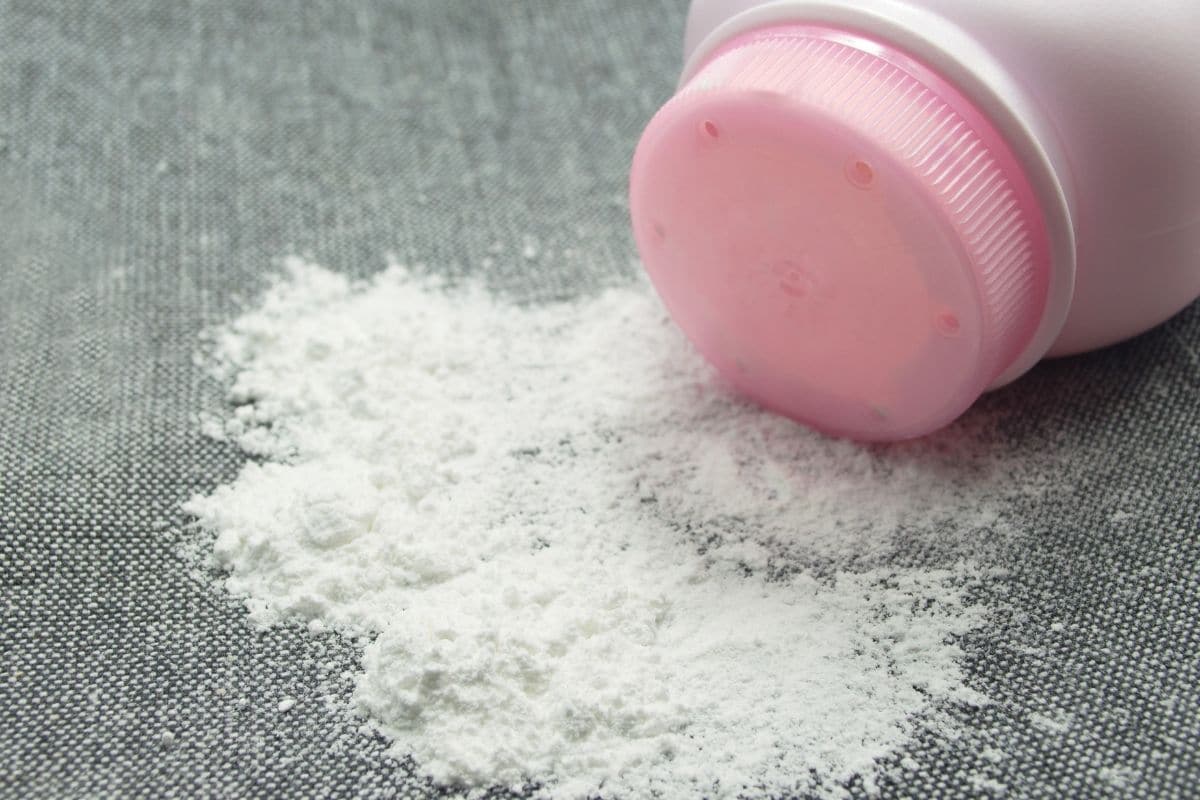
Despite that, baby powder remains a popular household product with a variety of uses, from preventing baby rashes and absorbing skin moisture to cooling bed sheets and deodorizing shoes.
Baby powder has been around since the early 1900s, but only recently has its safety been a hot topic among parents, medical experts, and consumer health and safety regulators.
If you’re looking for the real answer, however, including whether baby powder is safe to eat and ingest, this short guide has everything you need to know.
Is Baby Powder the Same as Talcum Powder?
Baby powder is very similar to talcum powder. In fact, the two are generally the same – the main differences being the name, for marketing purposes, as well as the ingredients used, which can vary slightly.
Talc, used to make baby powder and talcum powder, consists of magnesium, silicon, and oxygen. Some powders may also consist of a mixture of talc and cornstarch, as well as fragrant ingredients to improve the scent.
So, ultimately, baby powder is the same as talcum powder, but is named differently as a product marketed towards parents with newborns. Still, the ingredients can vary, so it’s worth knowing what the product you are using contains if it is something you are concerned about.
Is Talc Safe?
Generally, talc is widely considered to be safe when used as instructed. It is a common mineral, naturally occurring in soil, rock formations, and water. Still, like any product, following the listed instructions for how, and how not, to use it is recommended.
Talc is not only used in talcum powder and baby powder, but in a range of cosmetic products, including makeup. Some examples include foundation, blush, and eyeshadow. It is also used in some antiperspirants.
Despite that, talc has been suggested to be toxic, irritative, and, in general, unsafe to use. While this is largely untrue, or exaggerated, cornstarch has grown in popularity as a better, safer alternative that offers the same absorbent benefits.
Is It Safe to Eat Baby Powder?
While not recommended or even customary, eating baby powder is not likely to cause any harmful long-term side effects.
Cravings for, and addictions to, baby powder are not impossible and those who have eaten it on and off, or over a prolonged period, are not reported to have experienced noticeable negative side effects.
As for accidentally ingesting baby powder, or even talcum powder, the same applies in that it is not considered to be unsafe or harmful. This includes newborns and toddlers.
Addictions to eating baby powder may result from a craving for the texture or taste, or in relation to an iron deficiency (pica). Others who eat baby powder find it calming or beneficial as a means to suppress any addictions.
With all of that said, it’s not recommended to eat or ingest baby powder, simply because it is not its intended purpose. Baby powder is largely used for its absorbent properties, which reduce rashes, soothe skin irritations, and prevent chafing.
Is It Bad to Inhale Baby Powder?
The light composition of baby powder allows it to linger in the air for a short period, which poses another question of whether it is safe to inhale, by way of either the mouth or nose. In these cases, baby powder particles can enter the throat and sinus cavities.
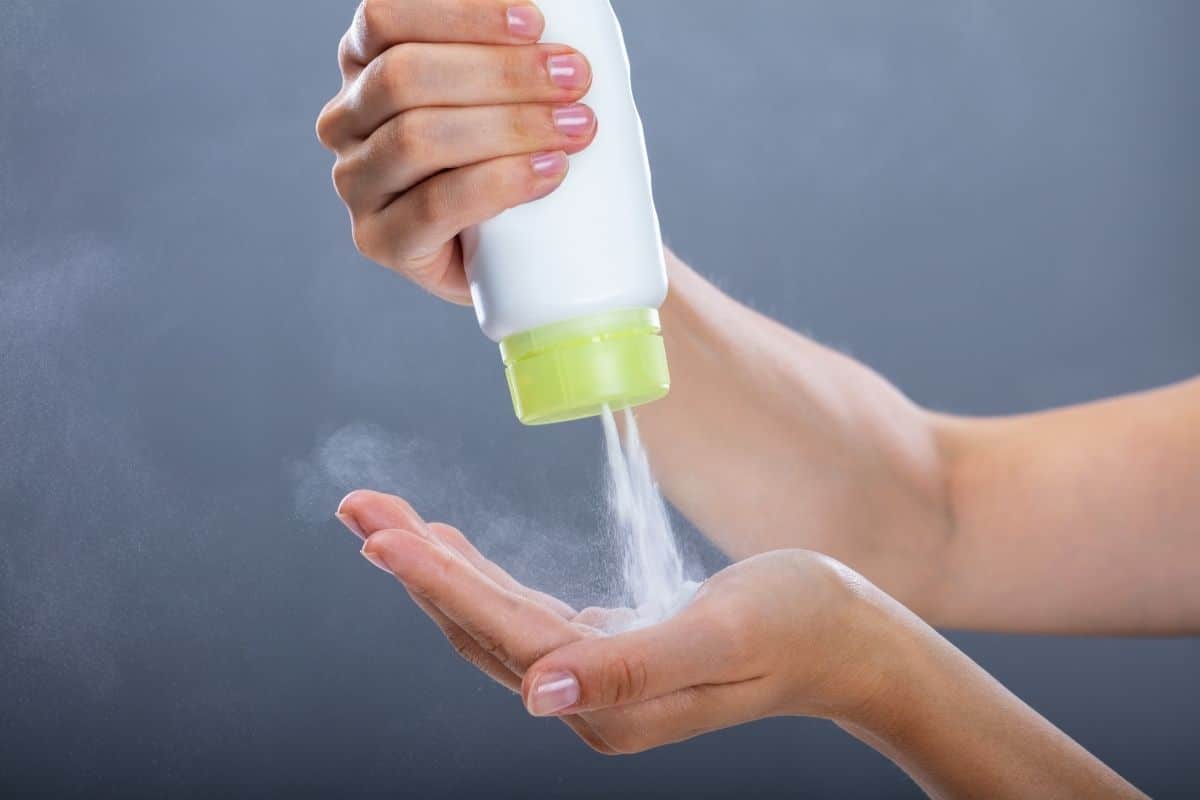
Again, baby powder and talcum powder are widely considered to be generally safe, so, in small amounts, you can expect no real negative side effects from inhaling baby powder that has entered your lungs.
If inhaled in a small amount, it can result in sneezing – especially if you have a sensitive nose or are experiencing cold-related symptoms at the time. In large amounts, however, inhaling baby powder might lead to gagging, choking, and coughing, but not to an extent that would threaten one’s life.
Ultimately, inhaling baby powder in a way that leads to the product entering the throat or sinuses is not recommended due to the fact that the experience would be generally uncomfortable and unpleasant.
Does Baby Powder Cause Cancer?
Another discussion surrounding baby powder, and talcum powder, is whether they cause cancer or increase the chances of developing cancer.
The short answer is that there is no evidence to suggest that baby powder causes cancer. The longer answer is that it is unlikely that baby powder will cause cancer, unless you are exposed to high levels of it over a prolonged period of time.
Baby powder has been linked to cancer because of the presence of asbestos in some brands of powder. Despite that, the use of asbestos is rare and, nowadays, not commonly found in baby powder or talcum powder due to the concerns surrounding it.
As mentioned earlier, many people have turned to cornstarch as a better alternative to baby powder that is widely considered more natural and, as a result, safer to use in a variety of ways, including for babies and toddlers.
Which Baby Powder is Best?
When choosing between different types of baby powders, consider how much you want to spend, the purpose you are using it for, and the brand you prefer.
As for types, there are several options to choose from, including:
- natural baby powder made with cornstarch
- talc-based baby powder
- mineral-based baby powder
There are pros and cons associated with each. Mineral-based baby powder tends to be less expensive than other options, but can contain aluminum and zinc, both of which may pose health risks.
On the other hand, cornstarch-based baby powder is typically cheaper than mineral-based baby powder, but does not provide any benefits over traditional talc-based products, aside from it typically being considered safer.
Regardless of which type of baby powder you choose, make sure you read the label before using it to be aware of what it contains and how to use it correctly.
Conclusion
Eating baby powder is not likely to cause any harmful long-term side effects. Despite that, it’s not recommended due to the fact that baby powder was not made to be eaten.
Eating or ingesting baby powder may result in coughing, gagging, or a generally unpleasant taste and texture in the mouth that, for most people, isn’t worth trying or experimenting with. There are no benefits to eating baby powder, nor is it considered customary or conventional.
If eaten or ingested by accident, either by yourself or your baby, you can generally expect nothing harmful to come from it.
Baby powder and talcum powder are generally considered safe if used as instructed, but you may consider cornstarch if the suggested side effects of baby powder leave you concerned.

Carly Link, a 33-year old mother of two toddlers. She is a parent and goes through a lot of the usual parenting difficulties herself. Carly shares all her experiences and knowledge about the best baby products through this blog.

